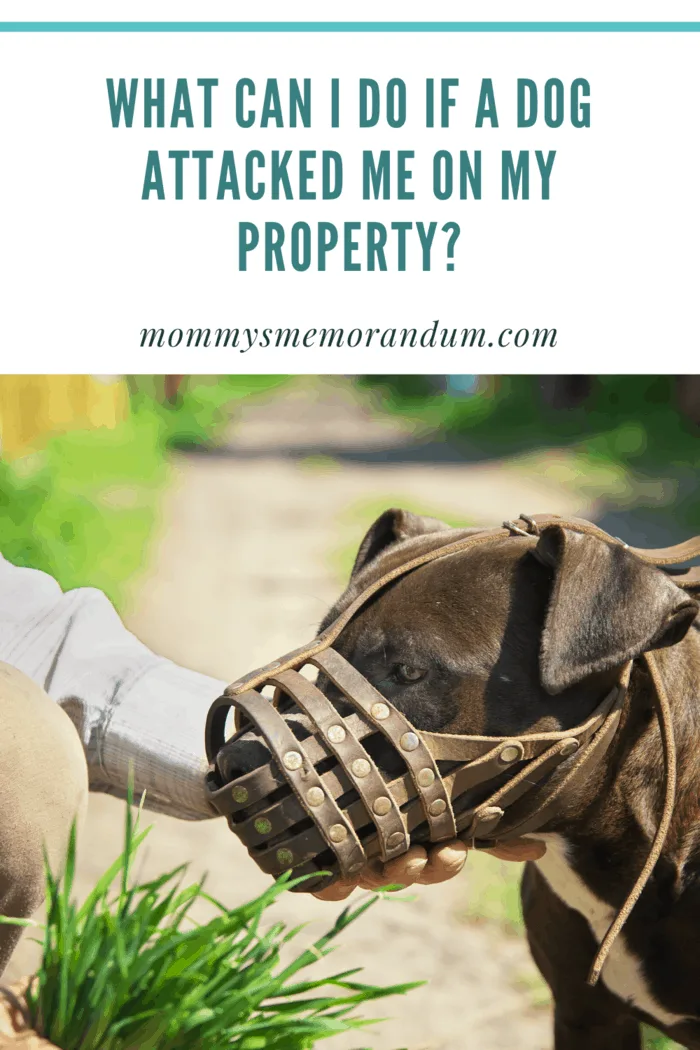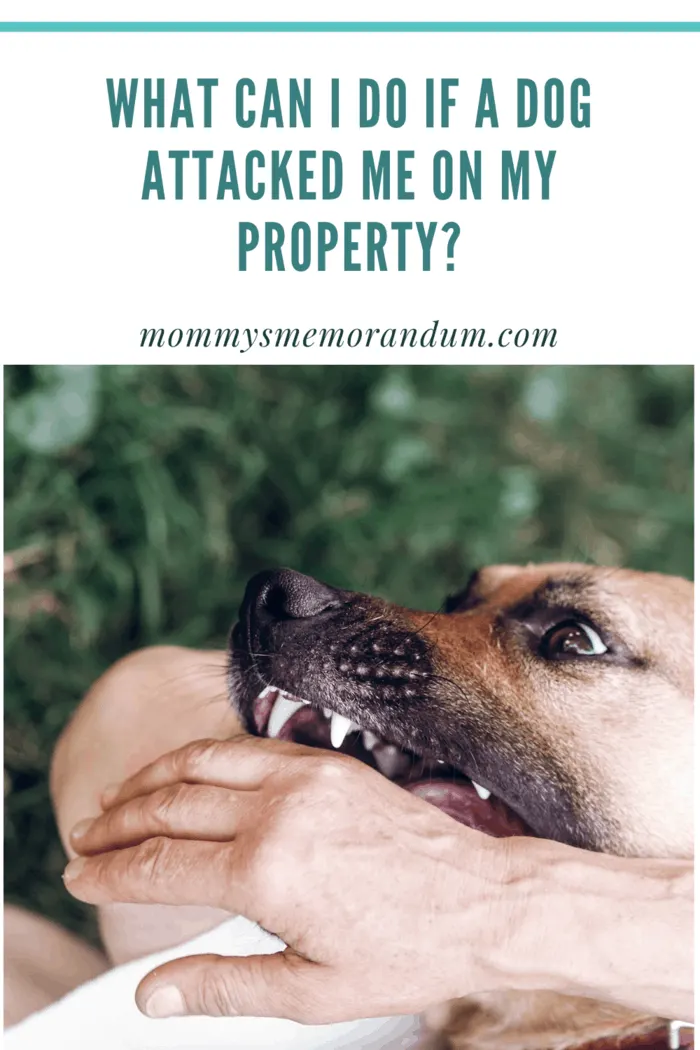“Can I file a claim against a neighbor whose dog attacked me in my garage?” Questions like these often occur in the legal world, but the answers are far from simple. They depend on several factors, and each scenario is unique. Finding the answer means knowing dog bite laws and comprehending the different types of actions available.

What Can I Do If a Dog Attacked Me on My Property?
State Laws
State dog bite laws profoundly impact a dog bite victim’s ability to file a claim, but they vary from state to state. (Law Repository)
Some states do not have dog bite statutes, meaning individuals have to sue by proving negligence or referring to the one-bite rule.

Proving negligence requires that the plaintiff demonstrate that:
1) the defendant owned the dog
2) the dog bit the plaintiff
3) the owner acted in a way that failed to prevent the dog bite
4) that they suffered injuries as a result.
Usually, negligence is reserved for states without other laws.
The one-bite rule requires proving a dog owner was aware their pet had aggressive tendencies before the incident.
Therefore, it requires past incidences that demonstrate dangerous behavior.
Still, other states have strict liability policies, meaning a dog owner is liable for any injuries their pet causes regardless of the situation.
In states with these statutes, victims don’t need to prove the owner was negligent or that there were previous, indicative signs of aggression.
Refer to your state laws to get insight into the paths available to you.

City Ordinances
City regulations also impact dog bite cases.
Many locations require leashes for dogs in public spaces or remain behind fences on private property.
If a dog owner neglects to follow city regulations, he or she can be held responsible for a party’s injuries.
Other Factors
Other factors might also impact a case.
The location in which the bite occurred is one of these factors.
Although state laws differ, many allow victims to file a lawsuit only if they were in a public place or were lawfully on private property.
To understand this better, consider a hypothetical situation.
Henry is Mary’s neighbor.
Mary is a dog owner.
While Henry is outside tending to his garden, Mary’s dog attacks him.
He was lawfully on private property (his own property) and can pursue litigation.
However, if Henry were trespassing on Mary’s property without permission, he may not be able to sue.
Another important factor in dog bite cases is a provocation.
If an animal was clearly provoked, most cases will be dismissed.
Even in states with strict liability laws, the case could be thrown out or the owner’s required compensation may be reduced.

What to Do If You Were Bitten
Ideally, victims of dog bites should speak to owners about compensation.
Most home insurance policies cover dog bites.
Sometimes, however, this isn’t a viable option.
If you have been bitten by a dog, or more information about your rights, schedule a free consultation with a personal injury attorney.
The laws affecting these cases are complex, and many factors influence a case’s success.
